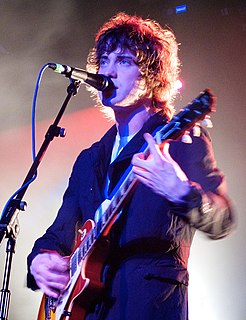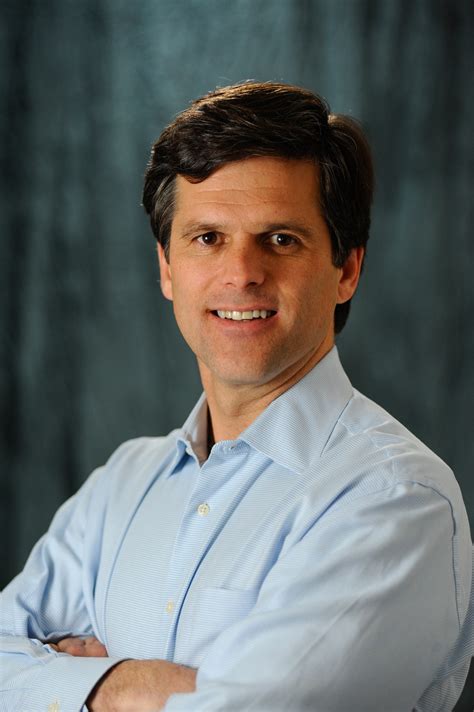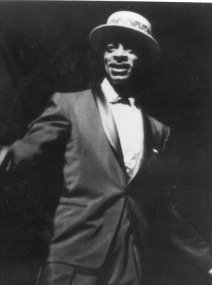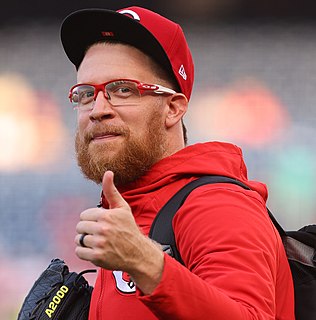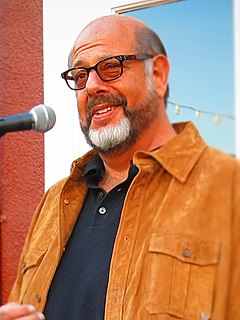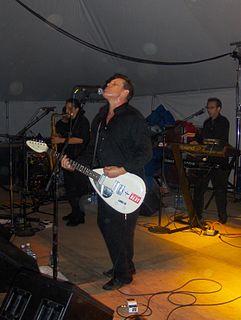A Quote by Melissa Gira Grant
When I interviewed the evangelical Christian youth group who were protesting the Village Voice, I wanted them to feel they could freely tell me things like, "Did you know that 90 percent of prostitutes don't want to be doing it?" Is that unfair? That's sort of an invisible privilege for me.
Related Quotes
We can't have close to 90 percent of those prenatally diagnosed with an intellectual disability being aborted; 90 percent not going to school; more than 90 percent reporting discrimination in the healthcare system; and 90 percent unemployed, and tell ourselves that we're doing a good job. The obstacles to leading a full life for the vast majority of people with intellectual disabilities are far beyond what they should be, and far beyond what we should tolerate. So yeah, I want change.
One of my constant reminders was, "End practice on a happy note." I wanted the boys to want to come out to practice, and I wanted them to get a certain amount of pleasure out of basketball. It's a game. It should be fun. So I always tried to counterbalance any criticism in practice with a bit of praise. I wanted my players to feel that the worst punishment I could give them was to deny them the privilege of practicing. If they did not want to practice, I did not want them there.
I have to always, always pay homage to a woman I never met but she touched me like she touched so many others with that amazing voice, Whitney Houston. The very first time I heard her voice, I knew I wanted to make people feel that way. Even if I couldn't do all of that that she did, the way she was able to tell my story without even knowing me, the way she could feel what I didn't know how to express, it was spiritual almost.
speaking with, uh, about the vocal choreography, one of the first groups that I worked with was a group called the Cadillacs, which was uh, an exceptionally talented group. They all moved well and they sort of established Cholly Atkins's style. In other words they basically put me on the map, and everybody would look at them and see their choreography and they wanted to know who did it, so they would tell them.
The voice-over world has changed radically in the time that I've been in it. It used to be this rather small, select group of people who did 90 percent of the work. Now it's kind of the reverse: 90 percent of the work is done by this very broad mix of people all over the country, and the guys who used to be the go-to guys are a much smaller percentage now. But there was this massive interest in voice-over as well as in the story, so I think that also added to the film's appeal.
There is a sort of backlash of people who feel like you're not representing them accurately, and you want to say as elegantly as you can, "I wasn't trying to represent you I, was just doing what I could do to make being alive easier for me." And if it helped anyone or made them feel comforted in the process then it's the greatest thing you can ask for.

